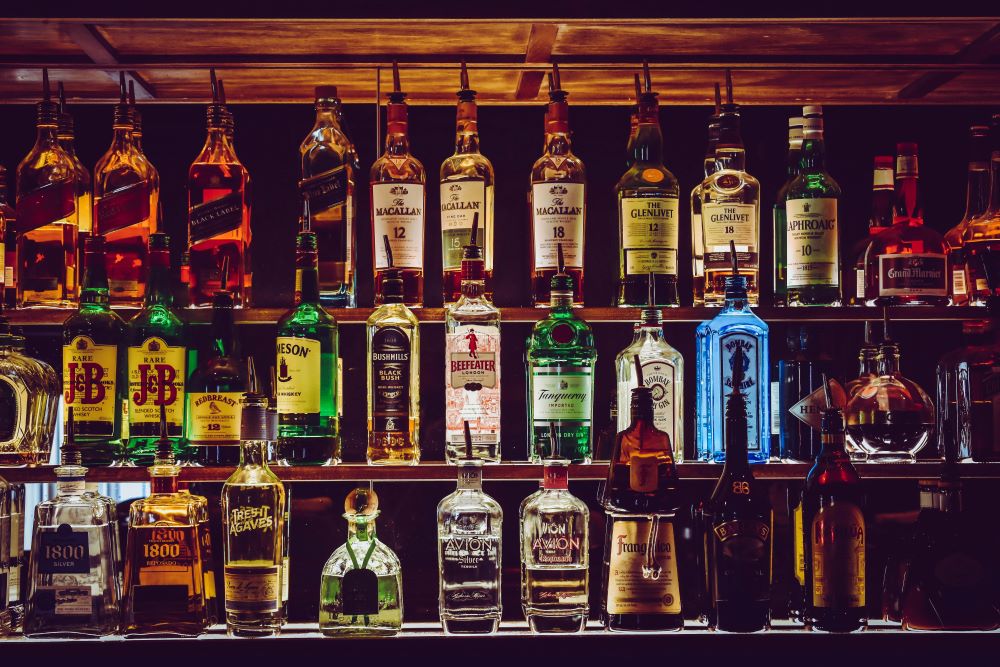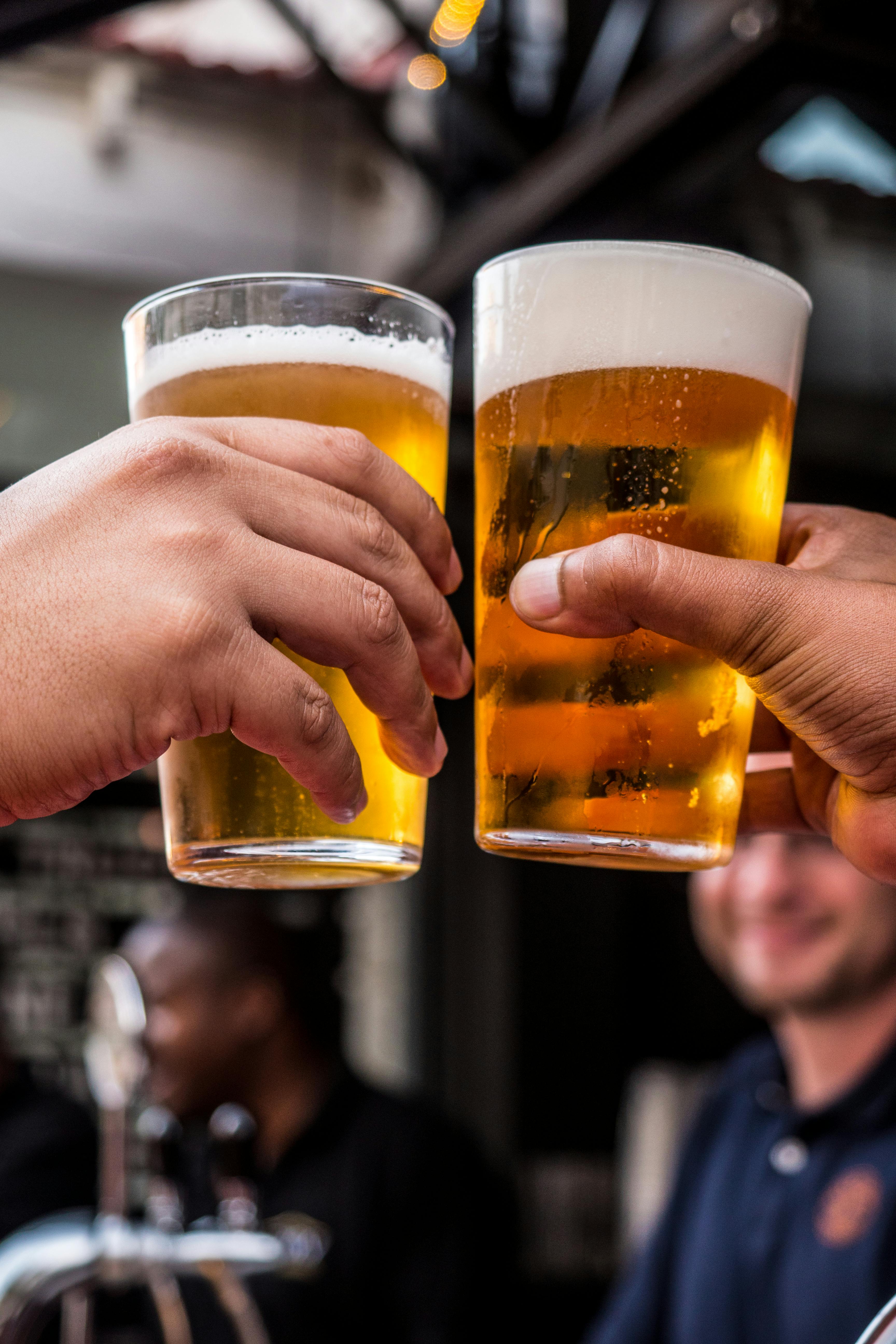Survey reveals media’s false narrative has overshadowed warnings about alcohol’s toxicity.
A recent survey from the Annenberg Public Policy Center of the University of Pennsylvania revealed that many Americans remain largely unaware of the cancer risks associated with alcohol consumption. In fact, despite warnings from the Centers for Disease Control and Prevention (CDC) that drinking alcohol can significantly raise one’s risk of developing many forms of cancer, less than half of surveyed adults recognize this link.
The CDC’s guidance is straightforward: by reducing or eliminating alcohol intake, individuals can decrease their cancer risk. Yet alcohol continues to be glamorized by the media as something that is tied to social engagement—a fun and exciting way to wind down after a long week. Unlike cigarettes, which have been banned from being advertised in certain ways for a number of years, there are still tons of alcohol commercials in between television shows and many Americans enjoy a drink or two on nights out with friends.
Despite its glamorization and social acceptability, however, alcohol is very toxic to the body and it can do significant harm over time. Not only can it lead to addiction when consumed in high amounts, but it can decrease organ function and cause inflammation and cellular damage, promoting cancers of the mouth, throat, esophagus, stomach, breast, colon, pancreas, and liver, to name a few.

Data from the survey indicate that while 40% of respondents correctly understand that alcohol consumption can elevate cancer risk, another 40% remain uncertain, and a further 20% hold inaccurate beliefs, either assuming alcohol has no impact on cancer risk or that it might even reduce the chances of cancer. This lack of awareness is concerning, to say the least, as reviews and meta-analyses consistently show that even moderate alcohol consumption contributes to an increased risk of these cancers, challenging long-standing myths around “safe” levels of drinking. However, public health campaigns are confronted with the challenge of countering alcohol’s well-established narrative in the media. As a result, many Americans may view alcohol as relatively harmless, especially in moderate quantities.
The Annenberg Public Policy Center conducted this study as part of its broader efforts to gauge public understanding of critical health issues. Using a representative panel of over 1,700 U.S. adults, the study forms part of an ongoing series of surveys assessing knowledge and attitudes toward health risks, including vaccination, respiratory diseases like COVID-19 and the flu, and lifestyle factors that affect long-term health.
The survey findings draw attention to a substantial need for more effective messaging about alcohol and its risks across all forms of media. Health professionals and advocacy groups are calling for clearer communication strategies to convey the impact of alcohol on cancer risk. Many suggest that campaigns need to reach people where they are most likely to encounter alcohol messaging—whether on social media, television, or within local communities—to create a counterbalance to the pro-alcohol messaging that currently dominates. Advocates have emphasized the importance of personalizing messages, as well, so that people feel a direct and relevant connection to the risks associated with drinking.
The implications of this knowledge gap concerning alcohol’s cancer risks go beyond personal health and touch on broader public health and economic concerns. Cancer remains one of the leading causes of death in the United States, and preventable lifestyle factors such as alcohol consumption contribute to the burden on the healthcare system. A more informed public might not only make healthier individual choices but push for widespread policies that restrict harmful marketing practices. This would encourage a gradual cultural shift away from the normalization of regular alcohol consumption and ultimately reduce cancer risk on a large scale.
Sources:
Most Americans Still Unaware that Alcohol Is a Cause of Cancer
Many Americans unaware of alcohol’s cancer risks, survey shows


Join the conversation!